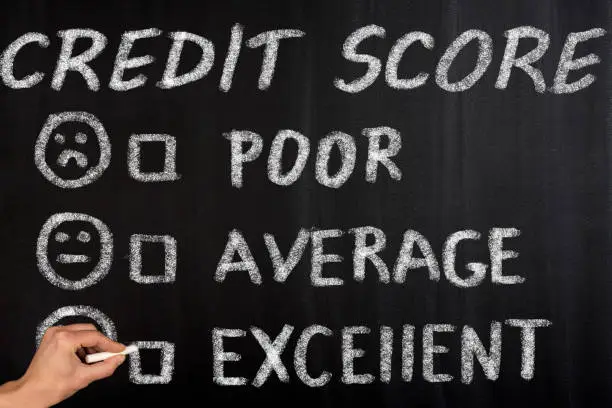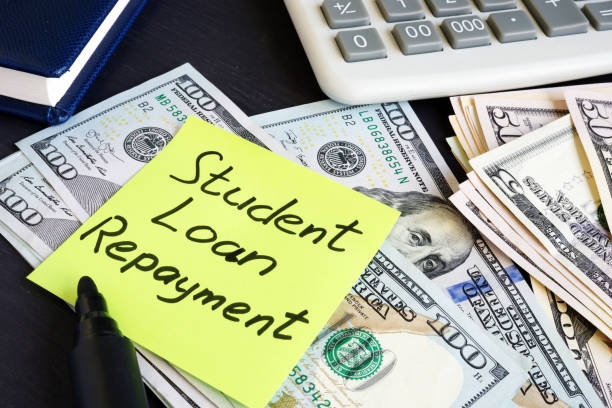Managing personal finances can be challenging, especially when you need extra funds for emergencies, big purchases, or consolidating debt. Two of the most common financial tools people turn to are personal loans and credit cards. But which option is better for your situation? The answer depends on your financial needs, repayment ability, and overall goals.
In this guide, we will explore the differences between personal loans and credit cards, their pros and cons, and how to decide which one works best for you.
What Are Personal Loans?
A personal loan is a type of installment loan offered by banks, credit unions, and online lenders. You borrow a fixed amount of money and repay it in monthly installments over a set period, usually ranging from 12 to 60 months.
Key Features of Personal Loans
- Fixed Interest Rates: Most personal loans have fixed rates, so your monthly payment remains the same.
- Set Repayment Term: You know exactly when your loan will be paid off.
- Lump Sum Amount: You receive the entire loan amount upfront.
- Collateral: Most personal loans are unsecured, meaning no collateral is required.
- Credit Score Impact: Applying for a personal loan involves a hard credit inquiry, which may slightly lower your credit score initially.
What Are Credit Cards?
A credit card is a revolving line of credit that allows you to borrow money up to a certain limit. You can use the card repeatedly as long as you stay within your credit limit and make at least the minimum payment each month.
Key Features of Credit Cards
- Revolving Credit: You can borrow repeatedly without reapplying.
- Minimum Payments: You are only required to pay a small portion each month.
- Variable Interest Rates: Credit card APRs are often higher than personal loan rates.
- Rewards and Perks: Many cards offer cashback, points, or travel rewards.
- No Fixed Term: You can carry a balance indefinitely if you keep making payments.
Personal Loans vs Credit Cards: The Key Differences
Here’s a quick comparison table:
| Feature | Personal Loans | Credit Cards |
|---|---|---|
| Repayment | Fixed monthly payments | Flexible, minimum payments allowed |
| Interest Rate | Usually lower (6–20%) | Higher (15–30% average) |
| Loan Amount | Lump sum | Revolving credit |
| Best For | Large, planned expenses | Everyday purchases, emergencies |
Pros and Cons of Personal Loans
Pros
✔ Lower interest rates than most credit cards
✔ Fixed repayment schedule helps you stay on track
✔ Good for debt consolidation or large expenses
✔ Builds credit if paid on time
Cons
✘ Requires a credit check and sometimes good credit
✘ No rewards or cashback benefits
✘ Prepayment penalties in some cases
✘ Less flexibility since you borrow a fixed amount
Pros and Cons of Credit Cards
Pros
✔ Convenient for everyday purchases
✔ Rewards programs and perks like cashback or travel miles
✔ Flexible payments (you can pay minimum)
✔ Great for short-term borrowing if paid in full monthly
Cons
✘ High-interest rates if you carry a balance
✘ Easy to overspend due to revolving credit
✘ Minimum payments can lead to long-term debt
✘ Fees for late payments and cash advances
When to Choose a Personal Loan
A personal loan may be the better option if:
- You need to borrow a large amount for a major expense (wedding, medical bills, home improvement).
- You want fixed payments and a clear payoff date.
- You are consolidating high-interest credit card debt.
- You have good credit, which qualifies you for lower interest rates.
When to Choose a Credit Card
A credit card may be better if:
- You need flexible borrowing for small, recurring expenses.
- You can pay off the balance in full each month to avoid interest.
- You want to earn rewards or cashback.
- You need instant access to funds without going through a loan approval process.
Which Is Better for Debt Consolidation?
If your goal is to pay off existing high-interest credit card debt, a personal loan is usually the better option. Why? Because you can move all your debt into one loan with a lower interest rate and fixed monthly payments. This makes it easier to become debt-free faster.
However, some people use a balance transfer credit card with a 0% introductory APR for debt consolidation. This can work well if you can pay off the balance during the promotional period.
Cost Comparison Example
Let’s say you need $5,000:
- Personal Loan: At 10% interest over 3 years, your monthly payment would be around $161, and you’d pay about $796 in interest.
- Credit Card: At 20% interest with minimum payments, it could take years to pay off, and you might pay over $2,000 in interest.
Clearly, the personal loan is more cost-effective in this scenario.
Tips for Choosing the Right Option
- Check Your Credit Score: A higher score gives you better interest rates.
- Calculate Total Cost: Look at the annual percentage rate (APR), fees, and repayment terms.
- Consider Your Spending Habits: If you struggle with overspending, a credit card might lead to more debt.
- Plan Your Repayment: Whether you choose a personal loan or credit card, have a strategy to pay off the debt as quickly as possible.
Final Verdict
So, which is better: personal loans or credit cards?
- If you need a large amount of money for a planned expense and want fixed payments, go with a personal loan.
- If you need flexibility, make frequent small purchases, and can pay off the balance every month, a credit card is the way to go.
Ultimately, the right choice depends on your financial goals, discipline, and repayment ability. Always compare interest rates, fees, and terms before committing.




